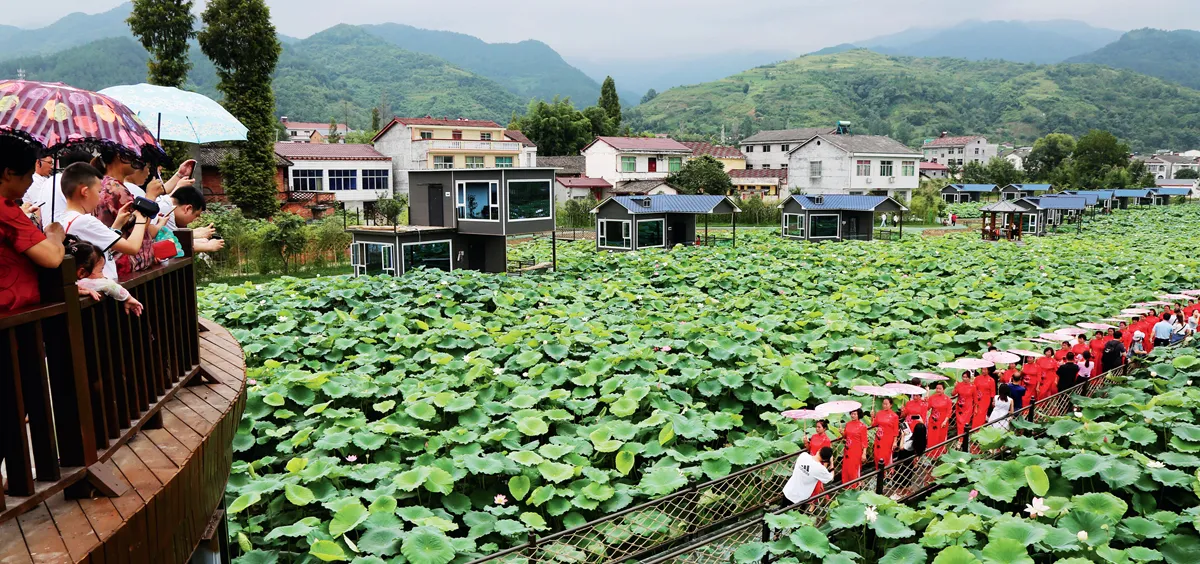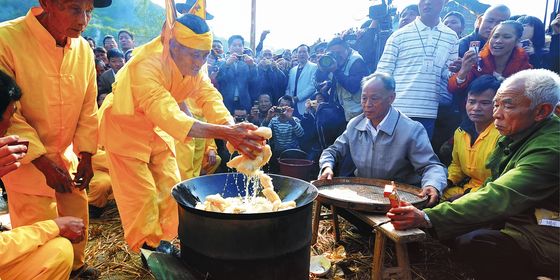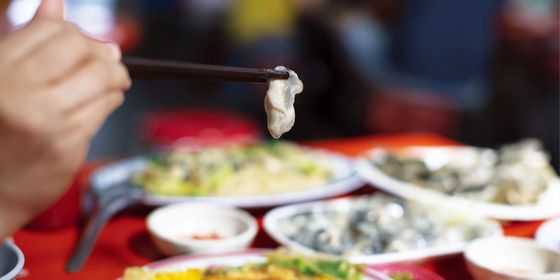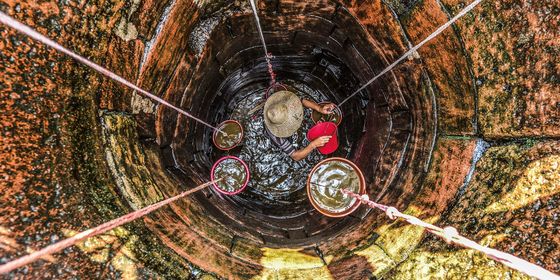Urban entrepreneurs return to the countryside
Among the lucent waters and lush mountains that surround the “farmstays” springing up all around Changting, Fujian province, Zeng Xianfu can hardly believe the great transformations that have taken place in his home county in the past few decades.
The 43-year-old used to be a programmer in Zhongguancun, a high-tech hub in Beijing. Troubled by the high pressure of his job, and unaccustomed to the northern weather, Zeng returned to Changting in 2017 to operate a “leisure agriculture” and tourism business using his technological knowhow.
The county of 400,000 people is one of the heartlands of the minority Hakka culture. Often persecuted by their neighbors, the Hakka people were forced to settle in this mountainous area prone to floods, mudslides, and soil erosion, which made it difficult to grow crops.
Soil recovery efforts by the government have improved conditions in the region. “It is environmentally friendly to develop leisure agriculture here for herbs and other products,” Zeng told a team of researchers from the University of International Business and Economics, who visited in January. “It didn’t take me long to decide to come back.”
In 2017, China’s Ministry of Agriculture estimated that 7 million entrepreneurs, 40 percent of whom have at least a high school education, have relocated to the countryside to start businesses in recent years. Many of these are returning to their hometowns, citing reasons such as lower costs and competition, and a chance to live close to family or nature. These trends dovetail with the government’s plans for poverty alleviation, part of which aims to attract highly educated workers to the countryside by appealing to their “nostalgia” for a simpler life.
Zeng’s 119-hectare farm is called Huanghua Yuanzhi, after two herbs that are used to relieve stress and fatigue in Chinese medicine. He got the inspiration from his life in Beijing, where he witnessed the rat race suffered by urbanites, and his customers hail from nearby cities like Xiamen and Longyan.
Huanghua Yuanzhi employs 20 workers, who also plant agricultural products like rice and passion fruit, which Zeng promotes and sells online. His herbs go for 200 RMB per kilogram, but when packaged as medicinal tea, they’re sold for as high as 2,000 RMB a kilo.
“Ecological agriculture is booming, but it also faces challenges like a lack of government promotion and operating knowledge,” Zeng told the researchers, admitting that his sales in 2019 were lower than he had hoped, and that it had not been easy for him to learn agriculture from local farmers.
Yet Zeng is still optimistic. He operates a homestay on his farm, demonstrating ecological farming to guests, and desires to establish an “honored brand” for his hometown. “Changting is my home,” he tells TWOC. “Living for so many years [in the city], where I developed many strategies for industry, it had been a wish long hidden in my heart to help with development at home.”
Cover image from VCG
Working from Home is a story from our issue, “Rural Rising.” To read the entire issue, become a subscriber and receive the full magazine.












